Humans are Hardwired to be Social Beings
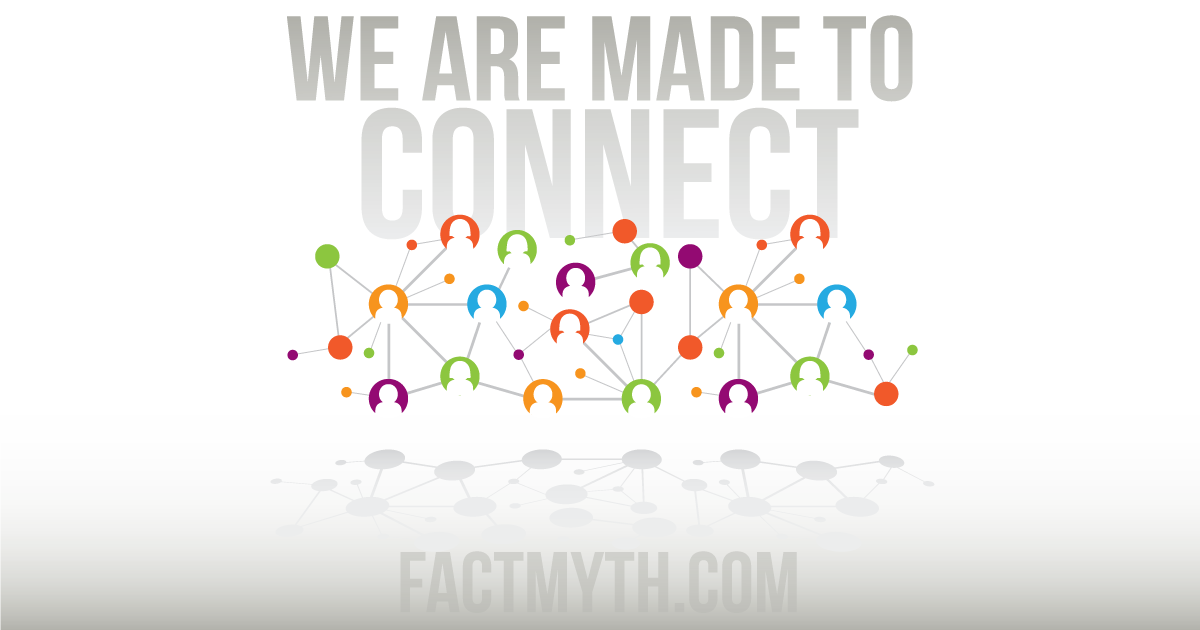
Humans are hardwired to be social beings. We naturally cooperate, care, and compete. From quarks, to cells, to plants, to animals, cooperation is in our DNA.
Cell biology (cytology) is a branch of biology concerned with the study of the cell including it’s physical properties and how it relates to it’s environment.

Humans are hardwired to be social beings. We naturally cooperate, care, and compete. From quarks, to cells, to plants, to animals, cooperation is in our DNA.
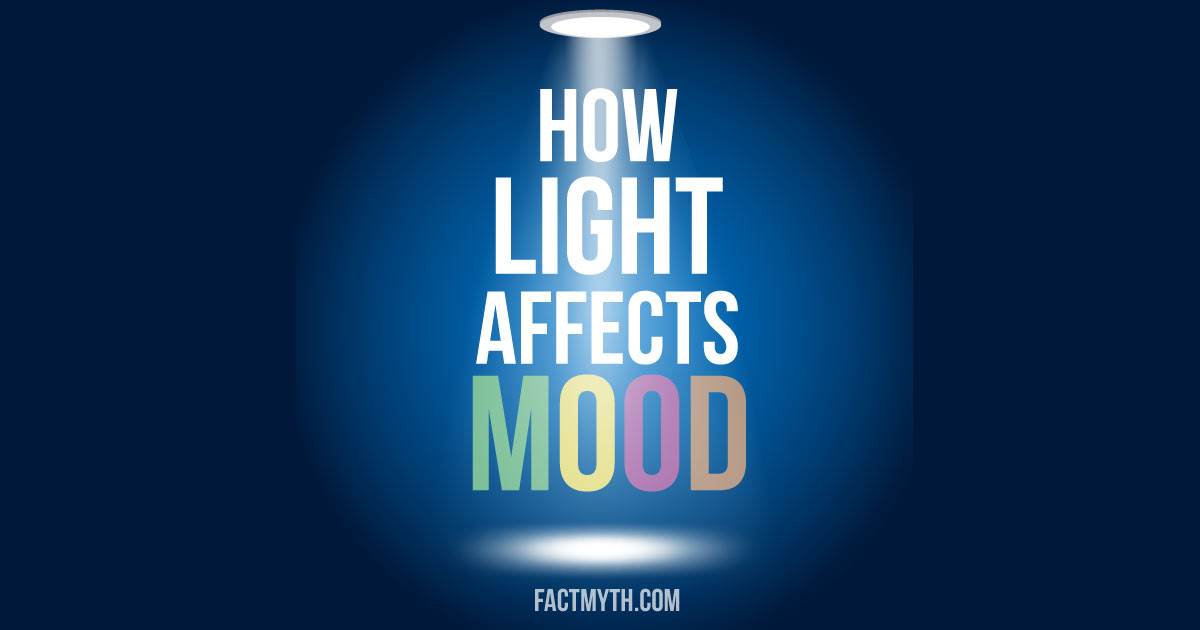
Exposure to light in moderation, especially natural sunlight, can have an uplifting effect on mood, while excessive darkness can have the opposite effect.

All the cells in a human body start as one cell, a fertilized egg containing 1/2 the mothers DNA and 1/2 the fathers. That cell divides many times creating a unique human being.
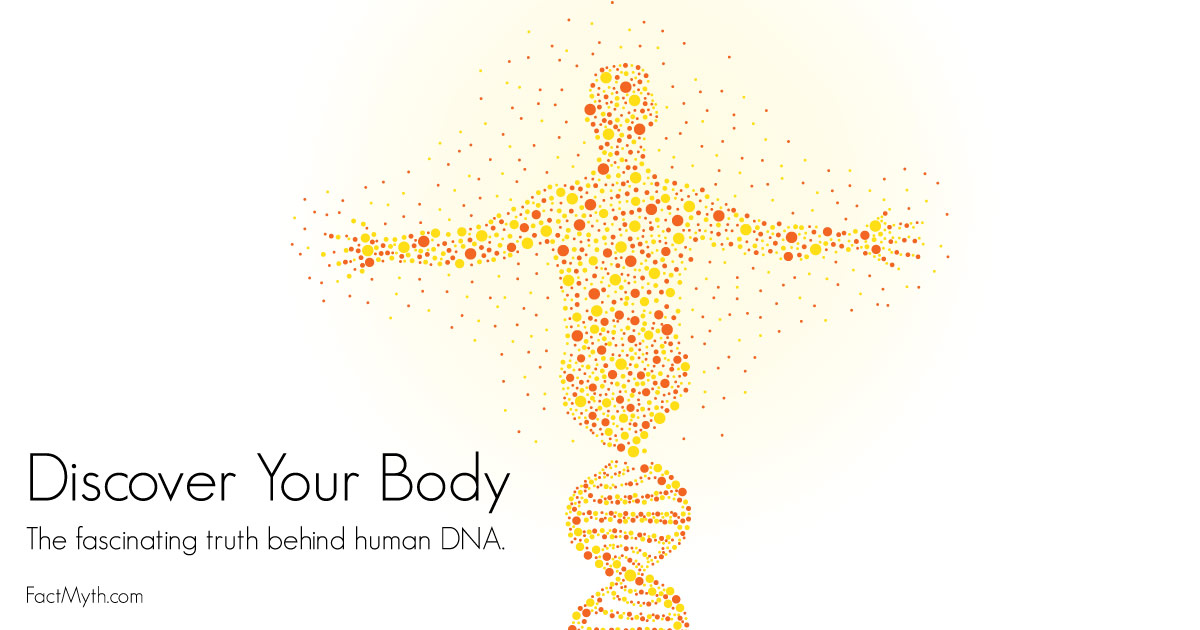
With few exceptions, all cells in a person’s body have the same DNA and genes. As cells divide and grow different genes are expressed, resulting in different cell types.
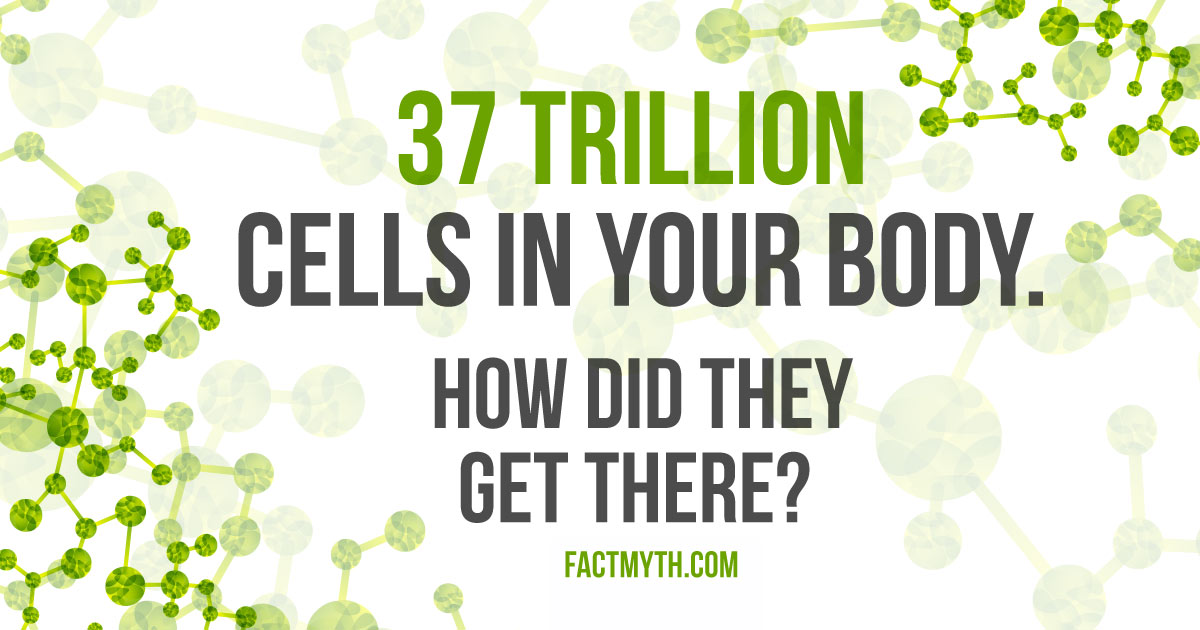
The human body has about 37 trillion cells, comprising 200 different types. Each cell has structures responsible for making hundreds of thousands of different proteins from 20 types of amino acids.
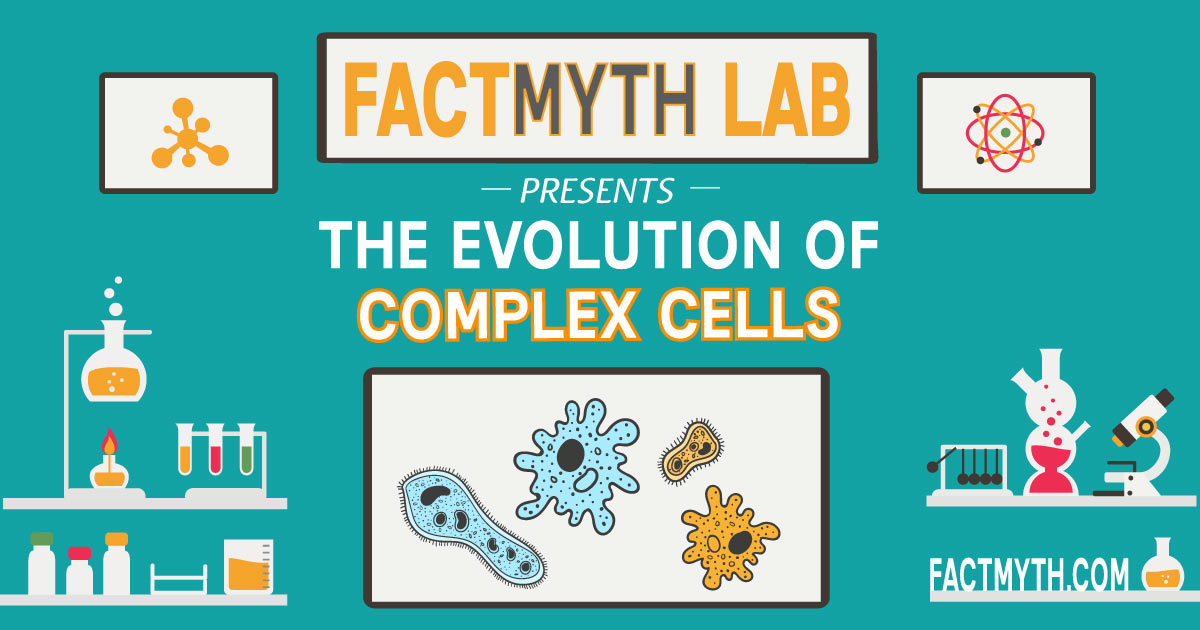
Complex cells (eukaryotes) likely evolved from single-celled organisms (prokaryotes) absorbing other prokaryotes, becoming single complex cells over time (endosymbiosis).